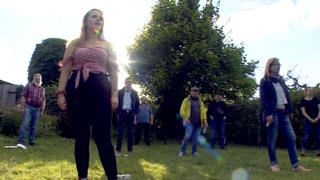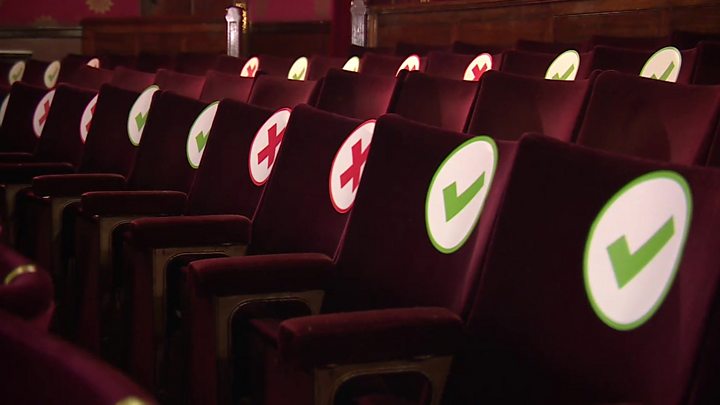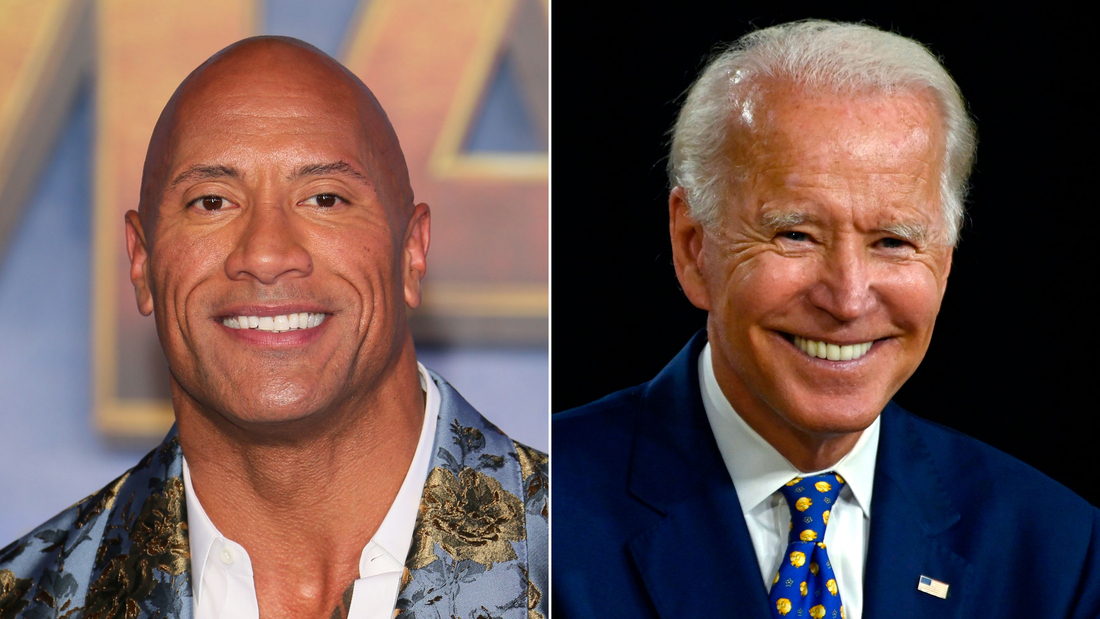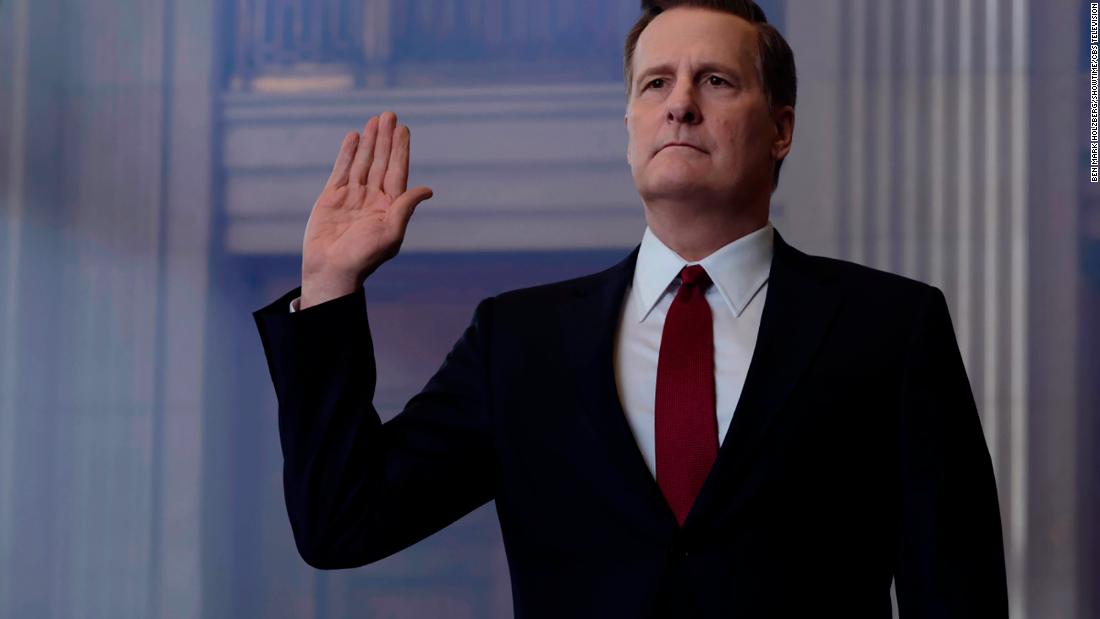 Image caption
This choir has been able to start rehearsing again - in the conductor's garden
Image caption
This choir has been able to start rehearsing again - in the conductor's garden
As evening sunshine ripples through a ripening pear tree, birds chatter above the distant hum of a lawnmower. Then, suddenly, the singers of Lübeck's rock and roll choir raise their voices.
Swaying and smiling, they run through their repertoire: classics like Jailhouse Rock and Ghost Riders in the Sky.
Germany's cultural life is slowly coming back to life. The German government has set aside more than €1bn (£896m; $1.13bn) to protect the arts - in addition to a furlough scheme and grants for freelancers.
The coronavirus outbreak silenced amateur choirs. Concerts are still forbidden and the rehearsal room remains out of bounds.
But many are trying to find ways to safely sing again. For the Lübeck singers that means practice in their conductor's garden.
"You come home with a smile after every time you sing with friends here. That was really missing," says one of the singers.
House lights on as theatres return
Galleries have reopened to (masked and distanced) visitors. So have some theatres - like the Theater Combinale in Lübeck, where they are preparing a new piece, written during the months when the house was forced to "go dark".
Image caption The audiences will be small when this play opens in LübeckOn a stage cluttered with lighting equipment, two actors try out a scene before an empty auditorium which can seat 120 people. They will only be allowed to let 40 in to see their performance.
Despite the disastrous impact on takings, Ulli Haussmann, who co-founded the private theatre, says they will survive for now.
"We had a lot of support from our audiences - donations and emails telling us to stay strong. That made us feel we matter as artists in the city," he says.
"The regional and national government also gave us the impression they want to keep the cultural infrastructure running."
The national government intervened relatively early in the crisis and that appears to have secured the country's cultural institutions for now. But there are concerns about the future.
'Cultural landscape will change'
As she slowly turns on bare feet, and swipes a thin-bowed piece of wood through the air, dancer Shiao Ing Oei looks as though she's battling an invisible enemy.
She, like other freelancers in Lübeck, also had help from a local arts foundation. Even so, she says, some are struggling.
"I think this is going to be a long fight. The cultural landscape will change. I personally will try to find an alternative source of income, so I'm not dependent on the arts."

Media playback is unsupported on your device
Arguably, Germany's cultural life was, compared with other countries, relatively well insulated against the corona crisis.
Pandemic showed people 'can't live without culture'
This is a rich country and the arts were highly valued and comparatively well-funded by national and regional governments. Although Prof Susanne Keuchel, from Germany's culture council, says there was a growing tendency to commercialise state-funded institutions.
Nevertheless, she says, "I have the feeling that the pandemic has given culture in Germany more visibility.
"Compared with other countries we have good cultural infrastructure, and it's nice to have that infrastructure, but everyone takes it for granted.
"The pandemic showed that people can't live without culture, without concerts, without theatre. That gave us political support."
How long will money last?
The coronavirus crisis has led Germany into new territory. For the first time in years, its government is taking on new debt to keep the country going, and that includes its culture.
Many in its theatres, museums, studios and galleries wonder what will happen to them in a few months' time, when the money that has kept them going thus far runs out.
In the summer garden, reunited with their fellow singers, the rock and roll choir tries not to think about the autumn. For now, while the sun shines, Lübeck's artists and performers are doing what they can.

 5 years ago
674
5 years ago
674 

